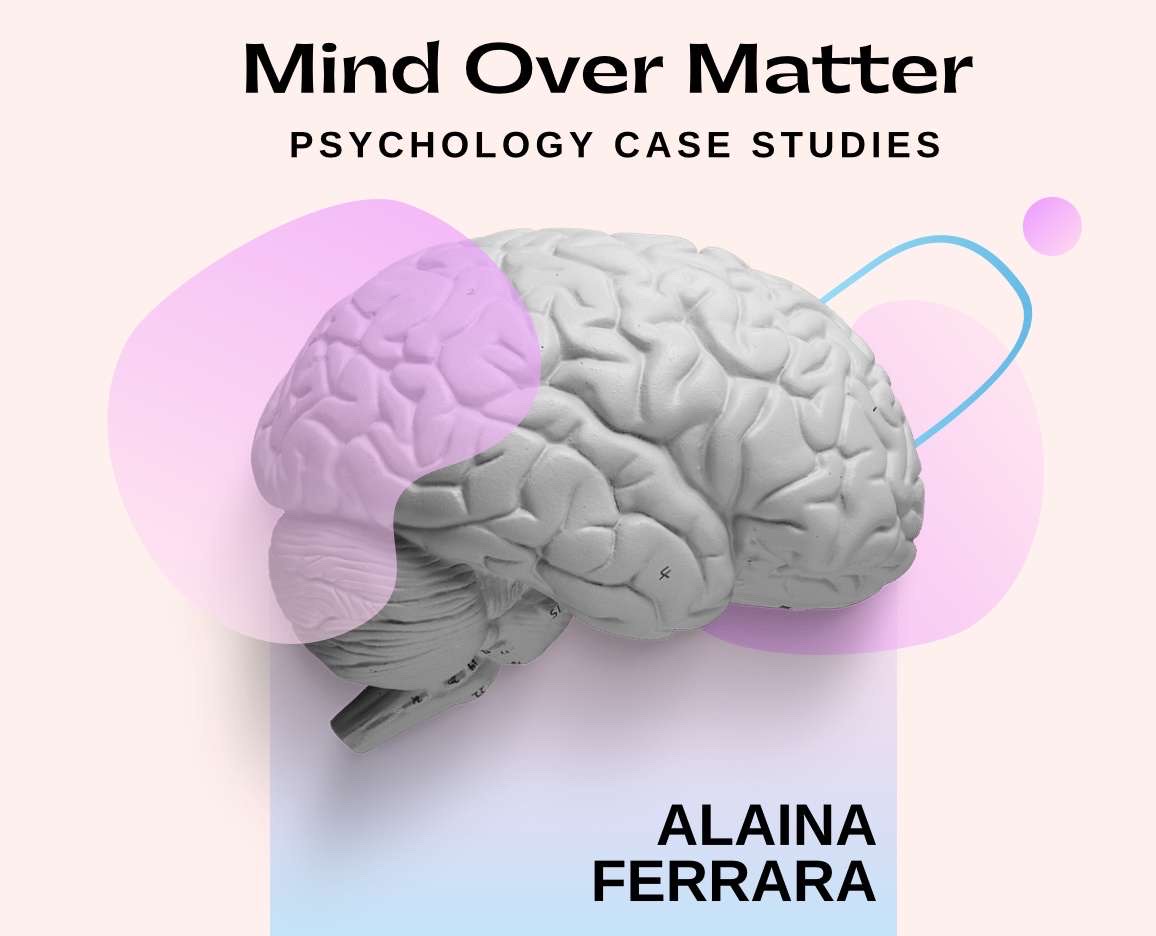Dopamine and Discontent: A Case Study on the Impact of Social Media Algorithms on Mental Health
Social media platforms like Instagram and TikTok rely heavily on algorithms to personalize users’ experiences, showing content that captures attention and encourages prolonged engagement. These algorithms are designed to maximize interactions by constantly presenting users with stimulating content, such as viral videos or trending posts, leading to repeated dopamine spikes. Dopamine, the brain’s “feel-good” chemical, is released when users receive likes, shares, or comments on their posts, with this constant release creating a cycle of instant gratification. However, social media’s ability to forge feelings and garner gratification has translated into a storm of negative effects. A 2021 study by the Royal Society for Public Health found that 70% of young people feel that social media platforms have exacerbated feelings of anxiety and depression. Moreover, the algorithm-driven design of platforms, which often emphasizes aesthetically pleasing content and social comparison, can lead to constant self-evaluation, thereby affecting users’ self-esteem and leading to the aforementioned adverse repercussions. What seems like harmless social media usage may be damaging to users’ confidence.
Furthermore, the quest for online validation can foster a dependence on external approval, with detrimental effects on mental well-being. Research conducted by the American Psychological Association shows that individuals who spend over three hours daily on social media are 35% more likely to experience symptoms of depression compared to those who use it less frequently. The content algorithms push can also reinforce negative emotions through the “echo chamber” effect, where users are exposed to similar content repeatedly, further amplifying issues like body image concerns or feelings of inadequacy. Over time, the pursuit of online validation—driven by algorithmic design—can fuel anxiety, loneliness, and mental fatigue, particularly among younger users who are still developing their sense of identity.
Works Used:
https://www.rsph.org.uk/our-work/policy/wellbeing/new-filters.html
https://www.apa.org/monitor/2024/04/teen-social-use-mental-health














































